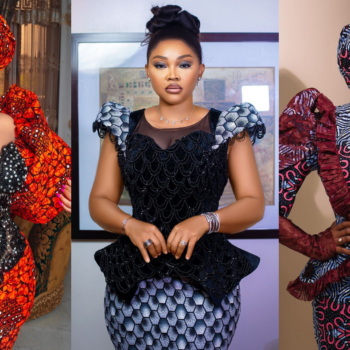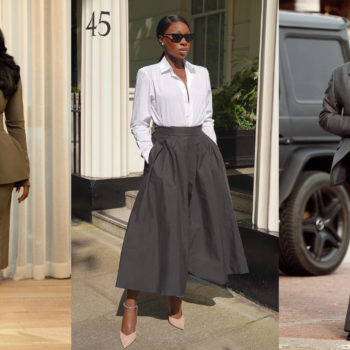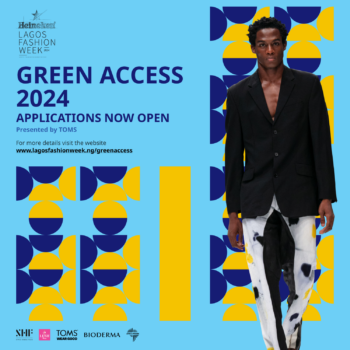Tuesday morning and Instagram lit up not with Christmas Lights and good cheer but with a fashion world call-out from designer Kiki Kamanu. The cause of her ire? A rip-off of her iconic ‘❤Series’ Ts and hooded dresses created by Oba Uniformity that were being sold as memorabilia for for House On The Rock’s The Experience which is scheduled to hold on the 7th December and is also one of the biggest musical events on the December social calendar.
View this post on Instagram
View this post on Instagram
For fashion lovers, this sort of thing – the co-opting of ideas and concepts by competitors – who after the fact claim a serendipitous rather than suspiciously timed visitation of ‘the muse’ is common. Most infamously was Gucci’s blatant copy of Dapper Dan’s iconic monogrammed jackets. The resulting furore, suitably fanned by everyone’s favourite copy- paste-life online patrollers Diet Prada, resulted in Gucci facing a PR debacle of epic proportions to collaborate with Dapper Dan formally and partner with the opening of a new atelier for his own eponymous line in Harlem.
Speaking to Kiki about the incident, one can see the genesis of the ‘❤Series’firmly sits with her as it is rooted in her family’s personal biography, she elaborates:
The story began in the late 1970s when my American mother moved to Nigeria from the United States. She loved and celebrated many things about Lagos. She would drag me on hiking and train expeditions to remote areas of the country to learn about indigenous art and traditions. Sometimes it takes a foreigner’s eyes to show you the beauty of the country.
View this post on Instagram
The pieces were an instant hit with locals and global movie stars including Lupita Nyong’o rocking pieces from the ‘❤ Lagos’ collection. Inevitably, Kiki expanded her range due to demand with Accra, Kampala, Bucharest, Ibadan, Jamaica, and California being some of the numerous locations included. Keeping true to her original concept was key, and she notes:
“I personally oversee the design process with my clients which I enjoy as it allows me to really form a bond with them as I learn about their heritage.”
It was thus a shock to see pieces that bore more than a resemblance both to her concept and also execution and she adds:
As soon as I saw the manufacturer selling the counterfeit pieces at her stand, I was incensed. I felt violated! The creative process is a very personal one. To see your work taken and diluted in this way was an affront… the manufacturer to my shock, repeatedly insisted, to my face that she did not copy my design. I was absolutely flabbergasted and even more incensed.
It’s important to note thatHouse On The Rock did not commission the items but rather allowed different vendors to create items for The Experience. However, given the scale of the platform, it is natural that Kiki is seeking appropriate legal counsel and the complete withdrawal of the products. In the interim, she has used Social Media to ensure customers do not unwittingly buy the ‘❤JESUS’ items thinking it is a Kiki Kamanu product. She also has a word of advice for designers seeking to ensure they are not victim to similar: “If your design is unique, trademark it! Simple. I met with the WIPO in Geneva a few years ago and they raved about one of my pieces the multi Convertible “Comme Tu Veux Wrap.” I will never forget how their eyes lit up when they saw it! You might not be able to trademark it globally which is €20,000 but start locally.”
Whilst the old adage might state that imitation is the highest form of flattery, there is nothing endearing about actions that hurt a business’ bottom line. In fashion as with many creative industries, copying can be a complex and difficult case to prove. However, it is an important one to tackle and it starts first with the practice being seen as unacceptable and second by consumers being informed about its instances. It also requires empathy; there are many who are happy to wear counterfeit products or pieces that claim to be paying ‘an homage’ to the original. But let us sit for a moment in the creative’s shoes: an individual who has honed a concept spent time creating it and offering it to us, the consumer to enjoy.
Would we be happy if the same was done to us? If the answer is no, then it is time we all took a stand in the copy-cat industry that is cannibalizing true creativity.
Lead photo credit: @kikikamanu




